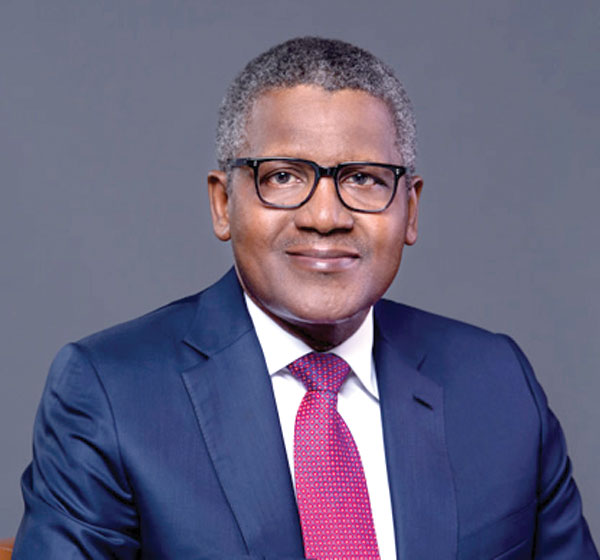Aliko Dangote, President and CEO of Dangote Group, on Tuesday insisted that the Nigerian government is still paying oil subsidies, despite previous commitments to end them.
He spoke in an interview with Bloomberg Television, advising President Bola Tinubu to bring the subsidy system to a complete halt. The business magnate stressed that its removal would be a significant win for both his newly operational refinery and the Nigerian National Petroleum Company Limited (NNPCL).
Dangote pointed out that oil subsidies, which have drained trillions of naira from Nigeria’s treasury, have long distorted the economy and must be stopped to allow for a more accurate determination of the nation’s fuel consumption.
According to him, the country’s inability to verify actual consumption has enabled widespread mismanagement of funds.
“Subsidy is a very sensitive issue,” Dangote explained.
“When you subsidize something, people inflate prices, and the government ends up paying more than it should. It’s the right time to get rid of subsidies,” he argued.
The billionaire businessman also mentioned that his refinery, which began supplying gasoline to NNPCL for domestic use on September 15, would play a crucial role in easing pressure on the naira.
He expects production to help stabilize the currency, especially as Nigeria has historically relied on fuel imports for all its petrol needs.
Dangote also discussed ongoing negotiations with the NNPCL, revealing that his refinery had sold fuel at a cheaper rate than the imported product, but that a uniform price had been announced by the national oil company.
He emphasized the need for a fair pricing system that accounts for the varying costs of imported and locally produced fuel.
ALSO READ:NIFOR, Chinese institute collaborate on oil palm, coconut exchange programme
He further highlighted how the deal between his refinery and the government could reduce foreign exchange pressure by up to 40%, as petroleum products currently consume a large portion of the country’s foreign reserves.
“By selling crude oil in naira and buying it in naira, we can help stabilize the naira. This will also ensure that if the government chooses to subsidize, it will have a clear understanding of what it’s paying for,” Dangote said.
Dangote noted that detailed agreements with the government are expected to be finalized by October, with plans to receive 12 million barrels of crude oil per month.
The partnership, he believes, will provide energy security and benefit both his refinery and the country at large.
While President Tinubu announced the removal of oil subsidies shortly after taking office in May 2023, Dangote’s comments indicate that subsidy payments have continued. The initial announcement contributed to rising inflation, which hit 34% in 2024 before slightly dropping to 32.15% in August.
Meanwhile, the naira has lost about 70% of its value against the dollar since currency restrictions were eased in 2023.
With Nigeria’s economy still grappling with inflation and currency devaluation, Dangote is hopeful that his call to fully end oil subsidies could help stabilize the country’s finances and bring more transparency to its fuel market.
